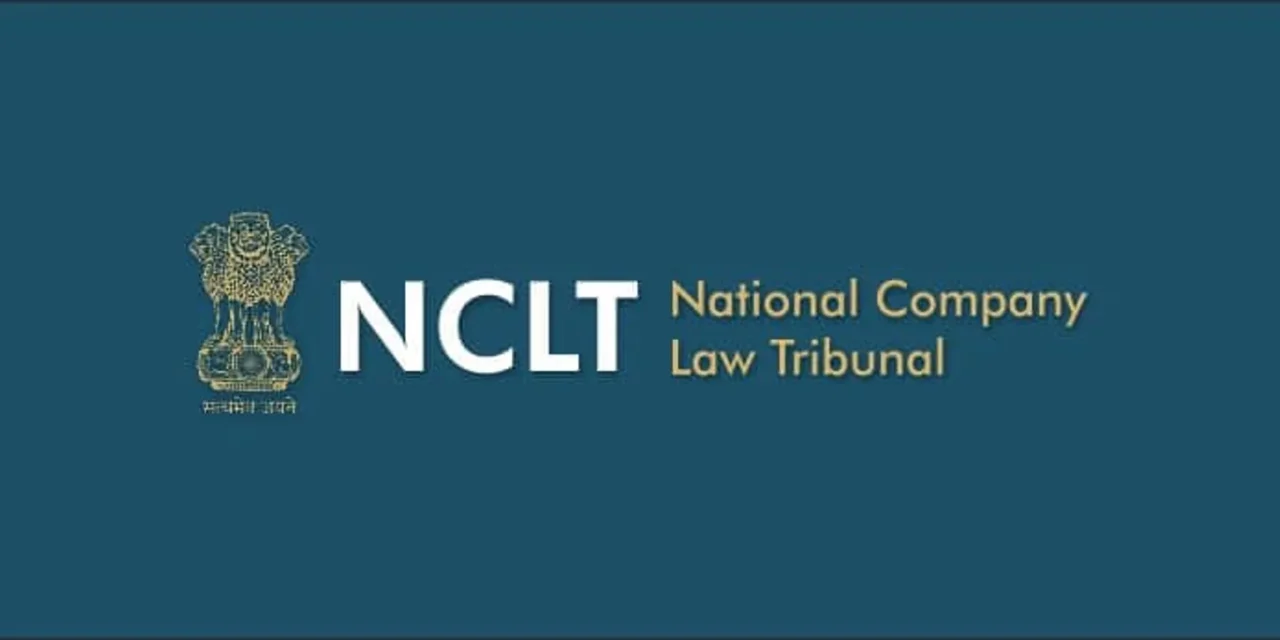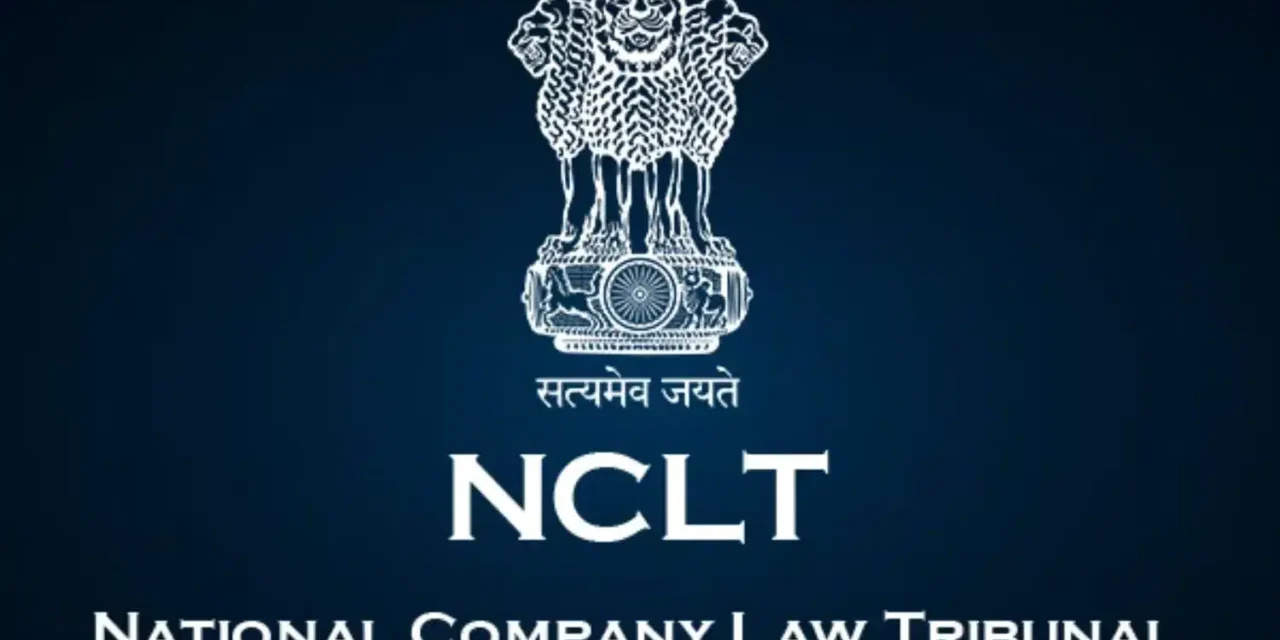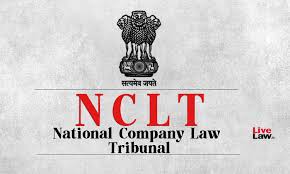What is Demerger A demerger is a form of corporate restructuring in which a company separates its business into two or more independent entities. The primary objective of this process is to enable the resulting entity to concentrate on its core activities, thereby improving operational efficiency, competitiveness, and above all shareholder value. Unlike a merger,...
HomeCategory
India
India’s fashion and jewellery industries have always been celebrated globally for their artistry, craftsmanship, and cultural richness. The intricate weaves of Banarasi sarees, the elaborate zari embroidery from Lucknow, and the gemstone artistry of Jaipur represent not only aesthetic brilliance but also centuries of tradition. Yet, these industries face a persistent and damaging challenge: piracy...
The year 2025 has witnessed several significant judgments by the Supreme Court, NCLAT, and NCLT that have shaped the evolving jurisprudence under the Insolvency and Bankruptcy Code, 2016 (IBC). These rulings have clarified critical aspects of the Code, ranging from the scope of judicial interference under Article 226, the sanctity of statutory timelines, the rights...
In today’s interconnected global economy, disputes involving international commercial contracts frequently lead to foreign judgments or arbitration awards. For Indian companies entangled in such disputes, understanding the enforceability of these foreign decisions under Indian law, particularly through the National Company Law Tribunal (“NCLT”), is vital. This article unpacks the legal framework, practical considerations, and recent...
In today’s interconnected global economy, multinational brands sell products across multiple jurisdictions, often at varying price points. This has created opportunities for parallel imports, where genuine products are brought into India without the authorization of the foreign trademarks owner. While consumers may benefit from lower prices and increased access, parallel imports often referred to as...
When the Insolvency and Bankruptcy Code (IBC) came into force in 2016, it carried one clear promise: speed. The law hard-wired strict timelines. A Corporate Insolvency Resolution Process (CIRP) was to be completed in 180 days, with one extension of 90 days. In 2019, this was capped at 330 days, including time spent in court....
Introduction Corporate restructuring in India can be achieved through both private and statutory arrangements. Previously, under the Companies Act of 1956, all mergers and restructurings were required to undergo lengthy procedures, with mandatory intervention from the High Court. This made the process time-consuming and expensive, creating various challenges and obstacles in the M&A landscape, particularly...
India’s patent ecosystem is shaped by a delicate balance: encouraging innovation while safeguarding public interest and cultural heritage. This balance plays out differently across industries, where the rules and interpretations of patentability can make or break an innovation strategy. Four sectors: pharmaceuticals, artificial intelligence and software, green technologies, and traditional knowledge illustrate how India applies...
The National Company Law Tribunal (NCLT) serves as India’s primary quasi-judicial body for adjudicating corporate disputes under the Companies Act, 2013, and the Insolvency and Bankruptcy Code, 2016. Understanding the evidence, documentation, and procedural requirements for NCLT proceedings is crucial for legal practitioners, corporate professionals, and litigants seeking effective resolution of corporate disputes. The tribunal...
As businesses evolve, so do their capital structures. A company may at times find itself with surplus capital, accumulated losses, or a need to reorganize its equity base. The legal mechanism available for such restructuring is capital reduction. In India, capital reduction has always been tightly regulated due to its direct impact on shareholders and...









